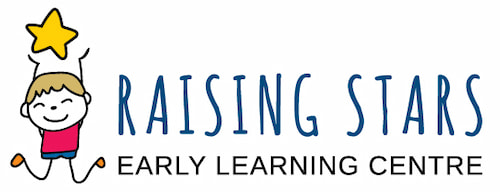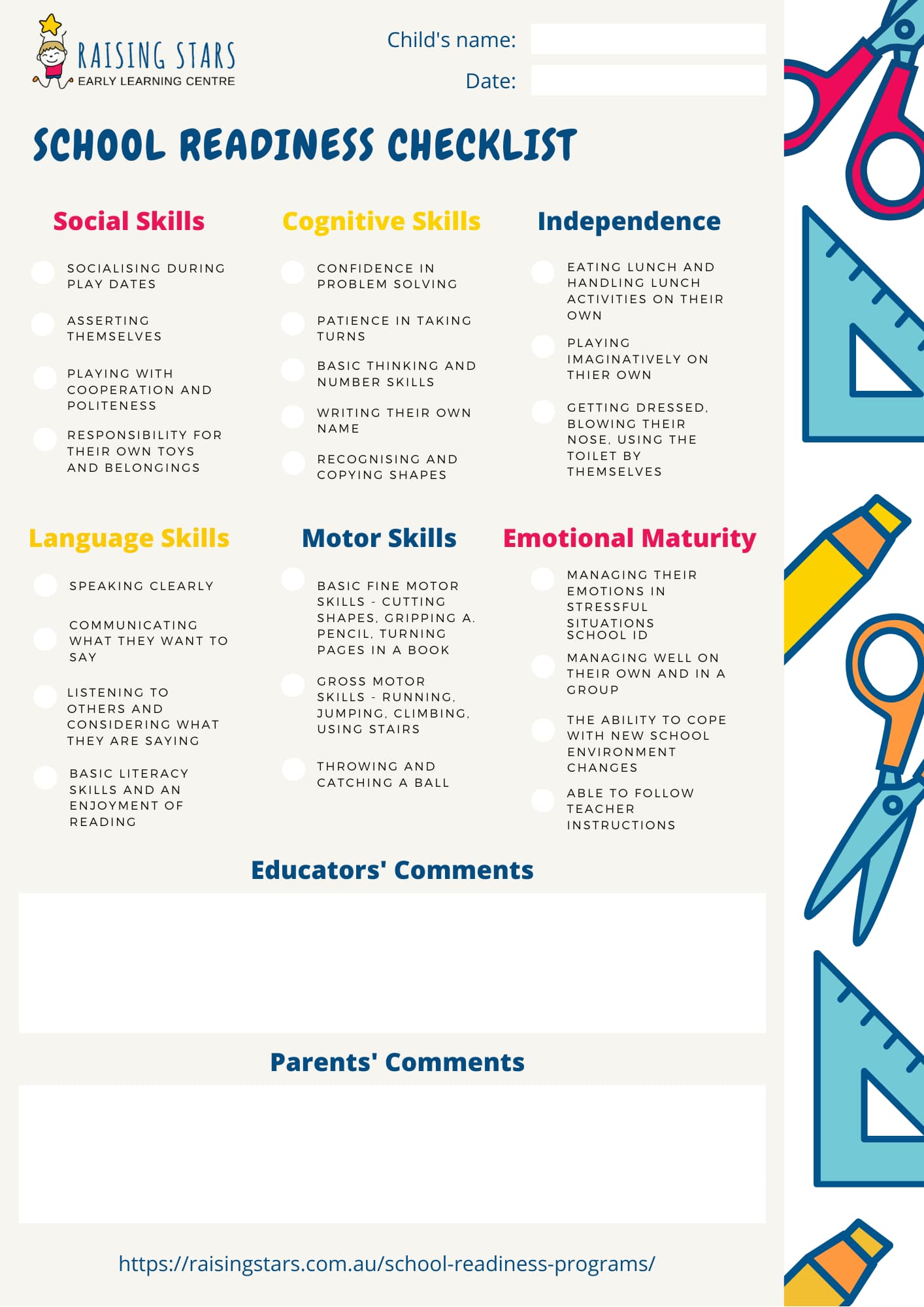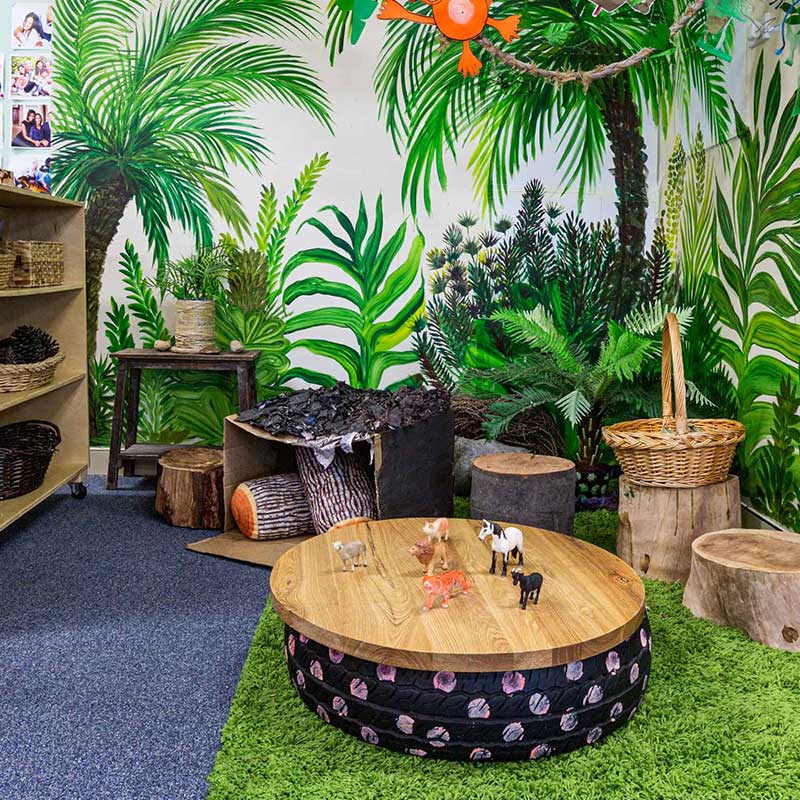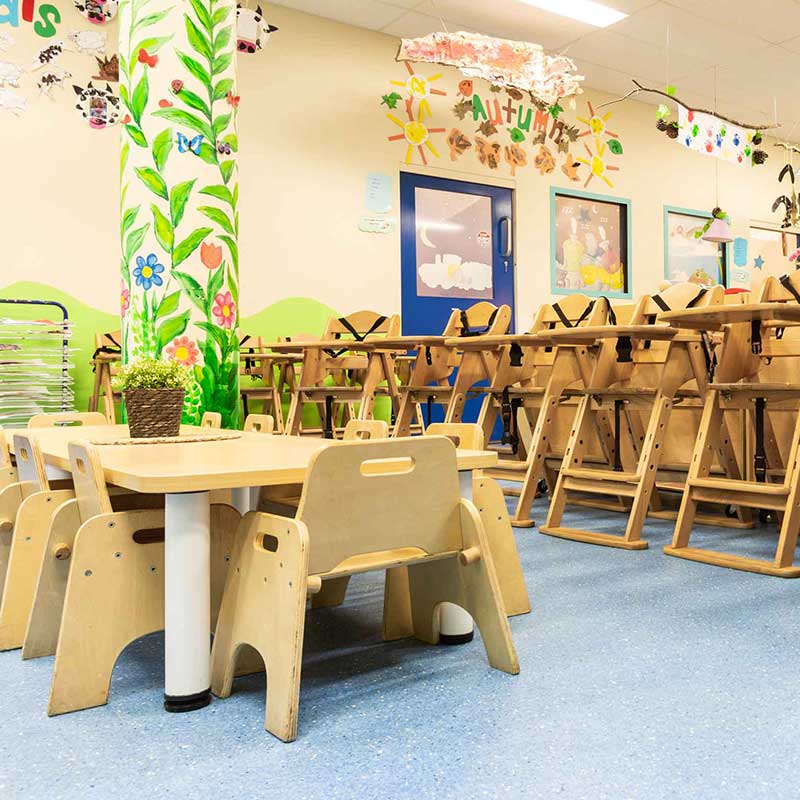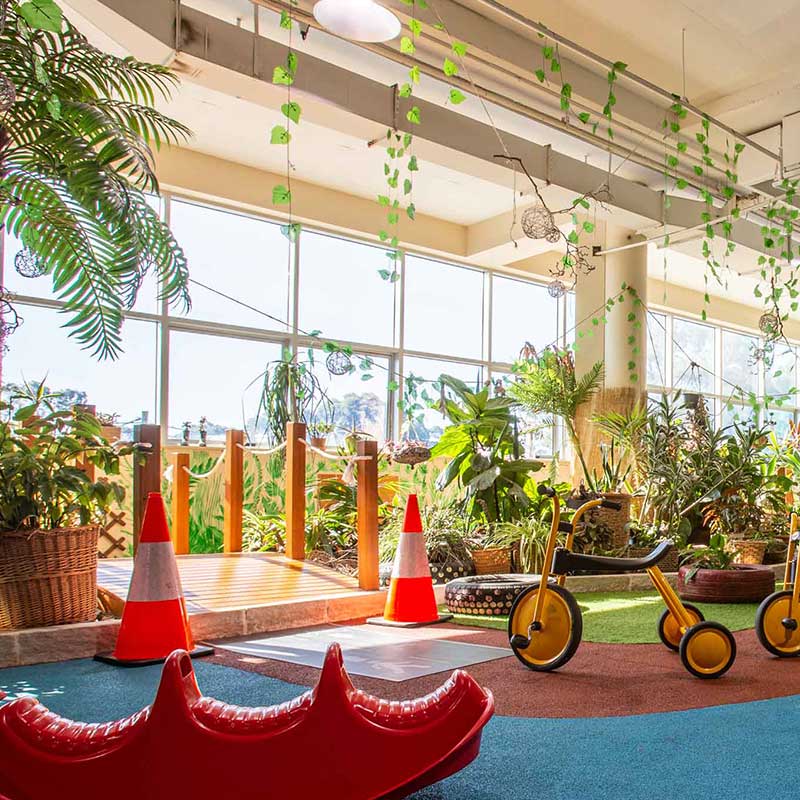School Readiness: Is My Child Ready For School?
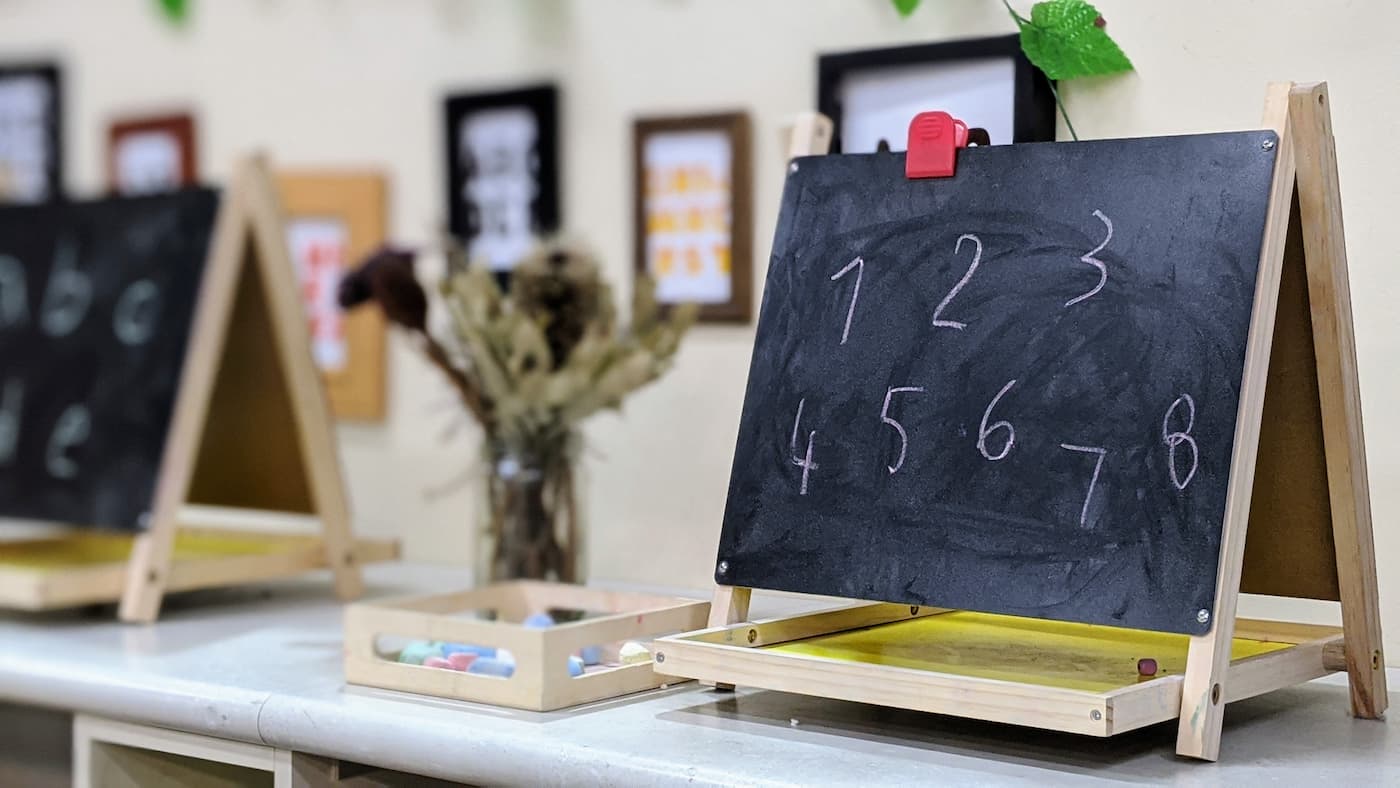
At all Raising Stars centres, we base our daily programs around the Early Years Learning Framework, and strive to implement school readiness approaches throughout our programs.
We personalise our curriculum to meet your interests as parents, your child’s interests, as well as all of the children’s input.
We welcome and encourage parent and educator feedback and input to ensure our programs are meeting expectations and we encourage a continually adapting and evolving experience.
What is School Readiness?
School readiness means ensuring that children are ready for ‘big school’, not just in their english and maths skills but in their personality, emotional development, social skills, physical coordination and more.
The right school readiness approach will ensure that children are prepared and comfortable as they move into primary school, that families are prepared to support their children’s learning process, and that schools are prepared for children.
It is a crucial part of early learning and education that places a focus on emotional, social, physical and cognitive development. School readiness allows children to possess the attitudes, knowledge and skills that are necessary throughout their education and life more broadly.
An effective approach to school readiness should consider everyone involved within the early education system – from caregivers, teachers and early learning centre managers, to parents, role models, and other family members at home.
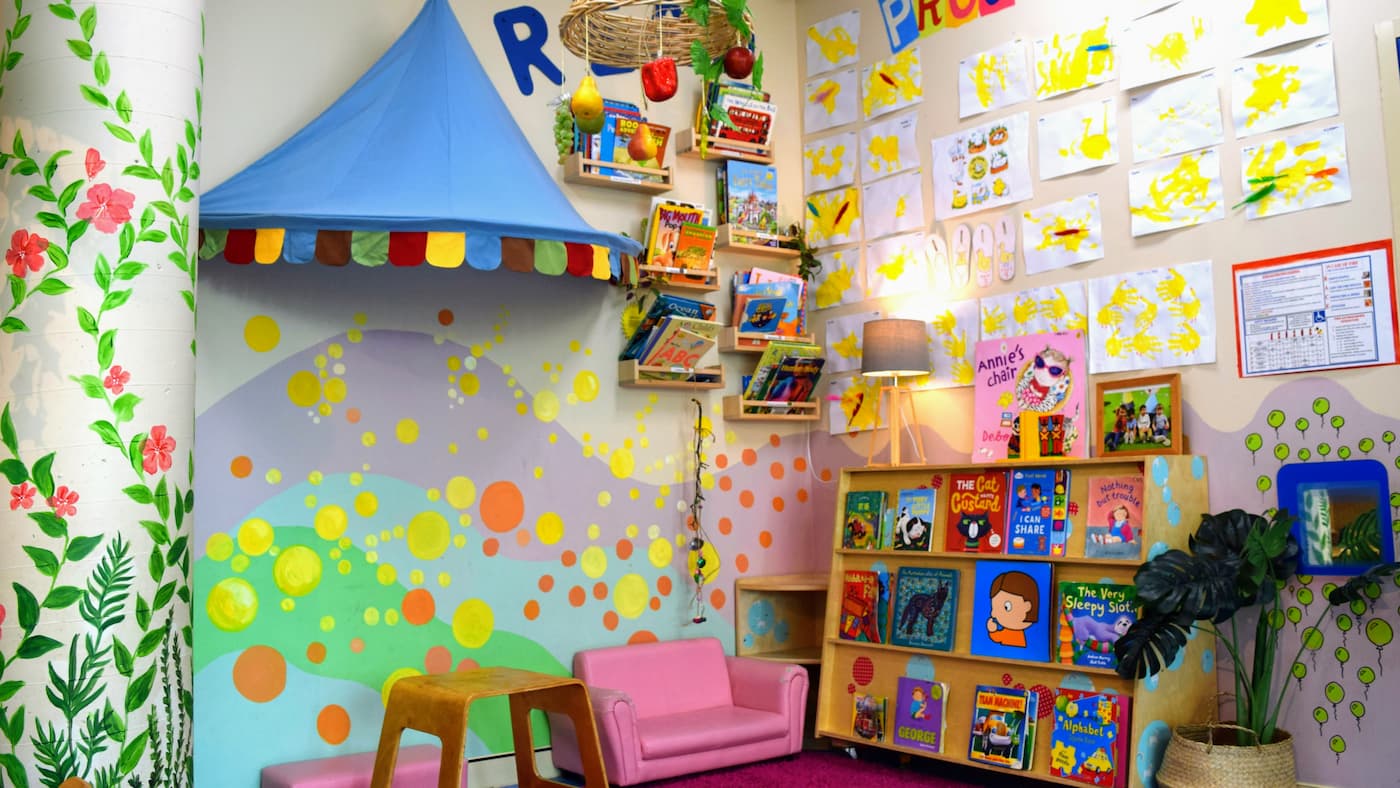
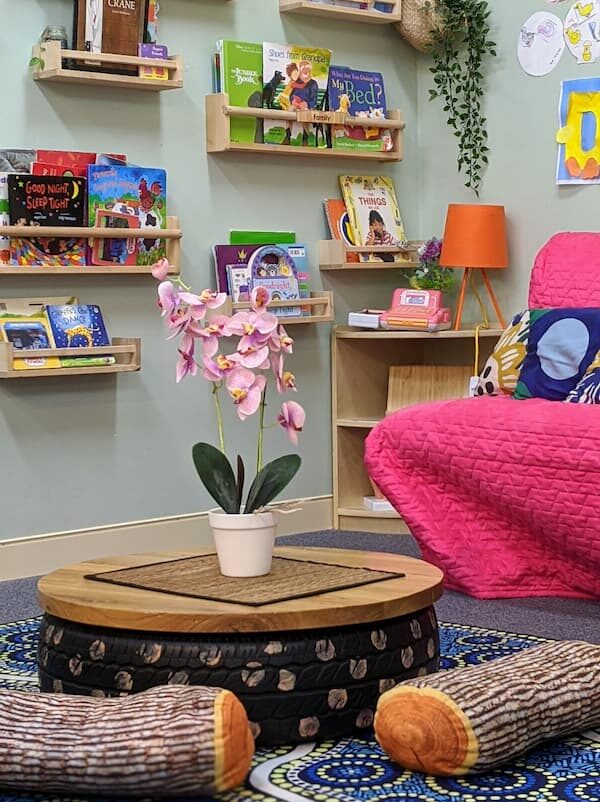
What is the Importance of School Readiness?
School readiness is undoubtedly one of the most important parts of early learning and childcare, with notable research articles indicating that it has a measurable influence on success in later life.
More specifically, a high quality school readiness program is important as it allows early childhood educators to develop key skills and traits in children, thus letting children make a successful transition into school environments, routines, expectations and social settings.
This positive introduction to school has been proven to carry on throughout the education process, thus eventually impacting everything from social life and moral attitudes to career paths and professional success.
As a result, a school readiness program is crucial in all early childhood learning environments, from early childhood education and childcare centres, to preschool and kindergarten.
Some of the Important School Readiness Skills and Building Blocks:
- Social and emotional development: Children beginning to understand who they are, becoming aware of what they are feeling, understanding what to expect when communicating with others, and understanding why others communicate in certain ways.
- Understanding: Comprehending language and social interaction of others, regarding concepts, questions, instructions and vocabulary in both group instruction and peer to peer settings.
- Expressive language: The ability to use language to describe events and actions, label objects, and put words together coherently to form a story or communicate an idea.
- Articulation: The effective sounding and pronunciation of words and sentences, and in forming speech more generally.
- Sequencing and planning: The planning and ordering of action taking in children, often involving multi tasking. This means developing an idea of what you want to do, working out how it will be completed, and carrying out this plan.
- Executive function and self regulation: The ability of children to understand and manage emotions, behaviour and interactions with themselves and others. This involves monitoring and changing emotions to manage specific situations and tasks, using skills of thinking and reasoning.
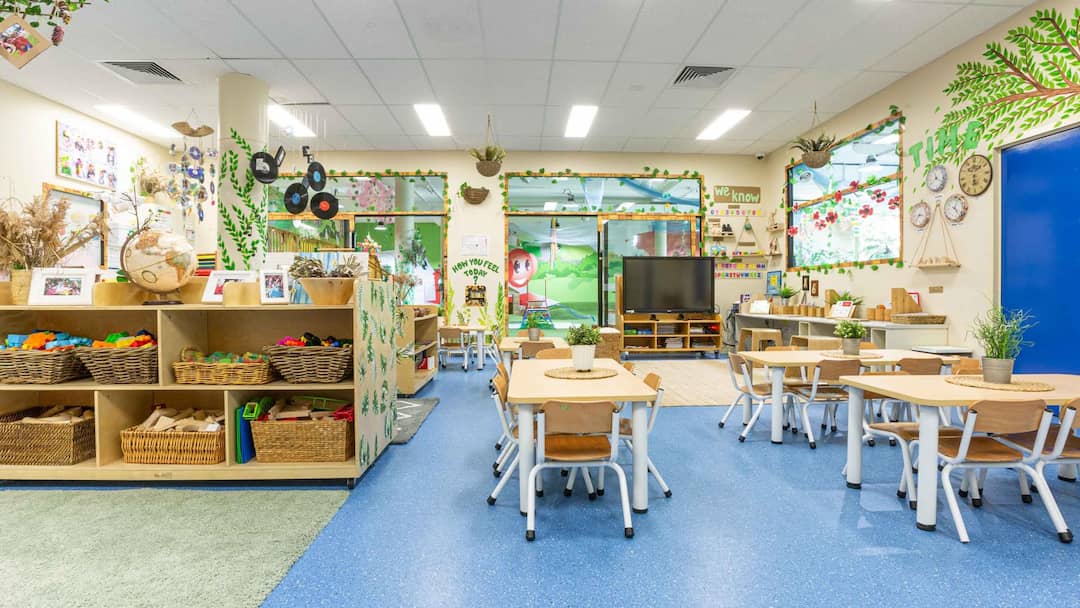
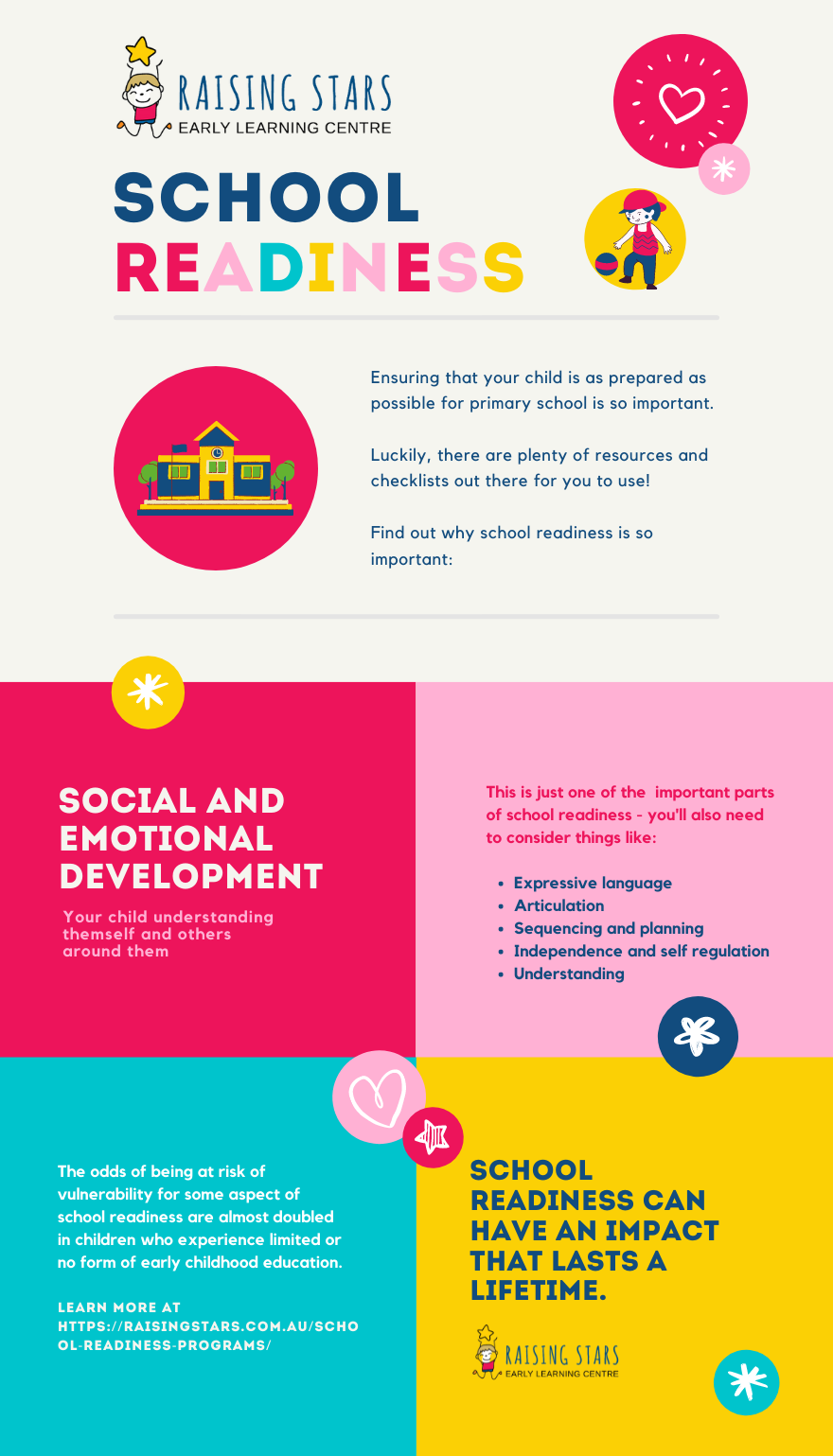
How do I Know if my Child is School Ready?
There are a number of important school readiness skills that children should know before they make the transition into school.
This skill development process forms building blocks that will ensure your child can comfortably and happily experience school independently, socially, and educationally.
In deciding whether or not your child is school ready, you should consider more than just your child’s age, or their proficiency when it comes to maths or english activities.
Instead, you need to consider your your child as a whole – their attitude, emotional and social behaviours, cognitive skills, and physical skills.
A great way to measure school readiness and cognitive, social and physical development is to use a school readiness checklist or assessment – this is a great way to identify areas where your child excels, and areas in which your child might need additional practice or help.
School Readiness Checklist – How You Can Tell if Your Child is Ready for School
Consider the following list of ideas, questions and outcomes for a broad, initial idea of whether or not your child is school ready.
Social Skills:
- Can my child socialise with peers during play dates? Can they separate from their parents easily?
- Are they able to assert themselves?
- Does my child play cooperatively with other kids? Do they exhibit manners and politeness, and can they take turns and share?
- Is my child responsible for their own belongings?
Cognitive Skills:
- How confident is my child when it comes to being able to problem solve?
- Are they able to exhibit patience and wait to take turns?
- Can my child demonstrate basic thinking and number skills?
- Can my child perform cognitive tasks like recognising and copying shapes, recognising and writing their name, and talk about the things they have created?
Emotional Maturity:
- Can my child manage their emotions well in stressful situations?
- Is my child able to manage well on their own in group settings?
- Will my child be able to cope with changes that come with a new school environment?
- Is my child able to follow instructions of teachers and focus on tasks?
Independence:
- Will my child be able to go to lunch and handle lunch activities on their own?
- Is my child able to play imaginatively and on their own?
- Can my child get dressed by themselves? What about blowing their nose, using the toilet, unscrewing a drink bottle or handling lunch boxes?
Language Skills:
- Is my child able to speak clearly?
- Is my child able to communicate what they want to say effectively?
- Is my child able to listen to others and consider what they are saying?
- Does my child have basic literacy skills? Do they enjoy reading books?
Physical Coordination and Motor Skills:
- Can my child complete basic fine motor skills tasks (cut basic shapes, grip a pencil, turn pages in a book)?
- Do they exhibit physical coordination and gross motor skills (things like running, jumping, climbing)? Can they manage stairs, uneven ground and other obstacles?
- Can my child throw and catch a ball?
At Raising Stars, we prioritise school readiness within our ECE programs, and will work with you every step of the way in ensuring that your child is ready for school in Australia.
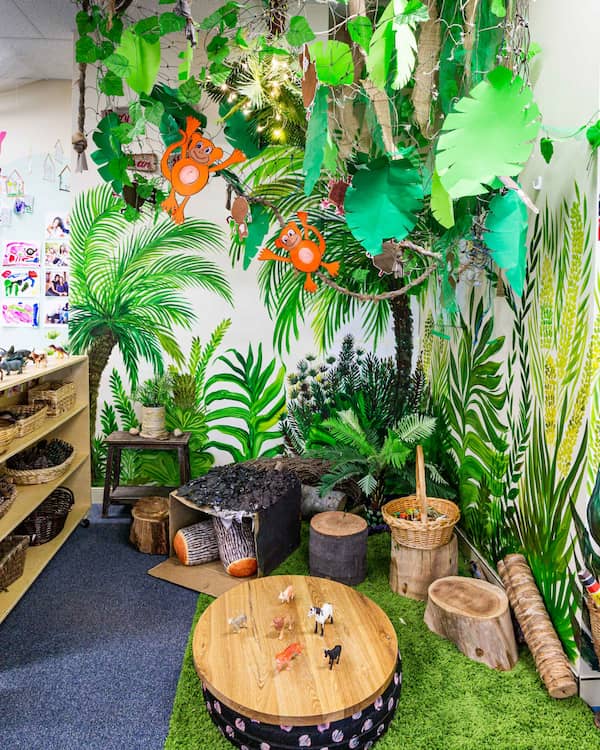
Why Listening to Your Child is Crucial
As parents, one of the most important parts of school readiness is in listening to your children.
While considering an educators’ perspective and advice on learning areas, reading skills and behaviour with peers is important, your children can offer their own perspective and provide insight to parents that they might not otherwise be comfortable sharing.
In addition to gaining this insight, listening to your children is important because it can allow them to process what they have experienced, and overcome any traumatic or stressful events that they may have experienced throughout their life.
Discussions like these are an important part of building confidence and self esteem, building empathy, improving the ability of your children to overcome future obstacles, and ultimately making the transition to school.
Our School Readiness Program and Activities
When it comes to Raising Stars Early Learning Centres, our school readiness programs are implemented throughout all education and play based learning approaches, at all of our locations.
Our school readiness programs have been designed to ensure that your child’s early childhood education (ECE) and care experience leaves them as prepared as possible for a primary school setting.
Our education program includes everything from english literacy, science and creative ventures, to learning experiences in Italian and Mandarin, dance classes, and even incursions and excursions.
Throughout these ECE activities, we implement a school readiness program that ensures children are always improving on overall early childhood development.
Within the Raising Stars learning and care environment, each early childhood educator is experienced and is always there to ensure that children are learning, developing their self help skills, and becoming prepared for the next stage of their education and life.
All of our educators are qualified and committed to providing the best learning environment possible.
Here are some of the key aspects of our school preparation program:
- Physical skill development that allows children to play and exercise on their own, use writing and craft equipment, and use sports equipment.
- Development of cognitive skills to support kids in being curious and confident in their approaches to learning.
- Development of independence in using the bathroom, getting dressed independently, unpacking their own lunch box, and more.
- A focus on language skills so that children can confidently communicate (including asking questions and listening to others).
- Social and emotional development, so that children can confidently play with others, make friends, show an interest in others, manage emotions, and deal with conflict appropriately.
- A focus on individual children, where an approach is developed and an outcome is measured in partnership with families and parents.
- The use of tailored programs, play based learning and intentional teaching.
How Raising Stars Prepares Children for School
We strive to ensure that your children are as prepared as possible for school – in addition to school readiness, we offer state of the art facilities, experienced and qualified educators, clear communication with parents, a focus on nutrition and health (with an on-site chef that prepares 5 meals a day, morning tea included), and more.
In Australia and internationally, making the transition to school is a significant step for little kids. As parents, providing them with a high quality early childhood education and comprehensive school readiness approach is one of the best ways to set them up for success as students and people.
If you have a question, are looking for advice or want to learn more about how we can meet your needs in preparing your kids for school, get in touch with us today.
